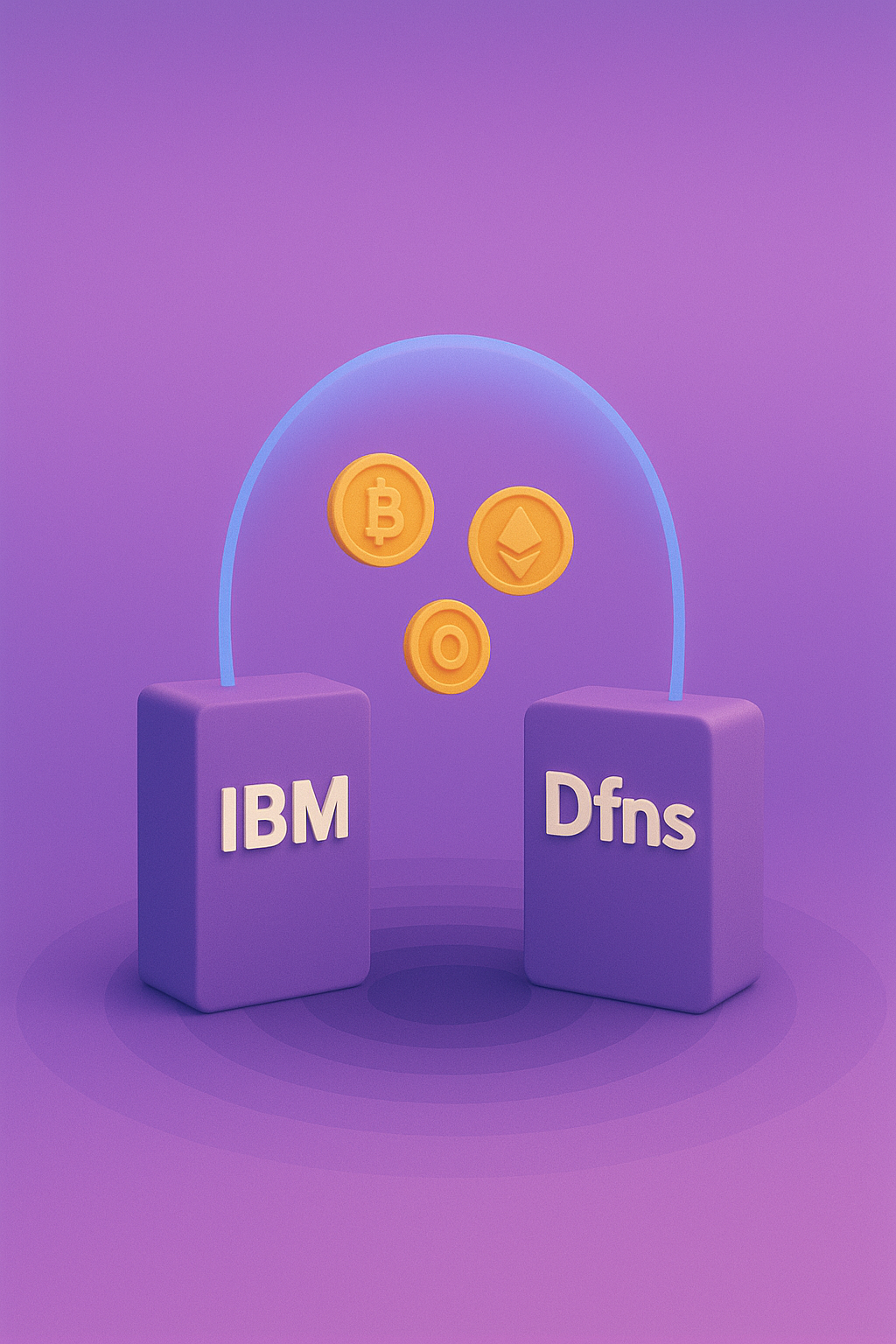In an ever-changing financial world, tokenization is emerging as a transformative force, offering a new dimension to asset management and trading. American banking giant Citigroup is at the forefront of this revolution, integrating Distributed Ledger Technology (DLT) via the Avalanche blockchain. This collaboration marks a turning point in the private markets sector, promising to increase operational efficiency and unlock new transactional capabilities.
The era of tokenization
A historical perspective
From the early days of physical share certificates to today's electronic trading platforms, the financial sector has always been on a quest for innovation. Tokenization, facilitated by blockchain and DLT, represents the latest milestone in this evolution, offering transformative potential far beyond incremental improvements.
Key benefits and PoC from Citigroup
Citigroup highlights several significant benefits of tokenization, including automated compliance processes, reduced settlement times and improved workflows thanks to smart contracts. The bank's PoC (Proof-of-Concept) demonstrates the viability of this technology in fund management and operations, laying the foundations for wider adoption in the financial sector.
Challenges and prospects
Overcoming obstacles
The adoption of tokenization is not without its challenges. Citigroup's report discusses the need for a robust legal and regulatory framework, interoperability between DLT platforms and the integration of digital assets with existing financial infrastructures. These obstacles must be overcome to realize the full potential of tokenization.
Future vision
The report calls for close collaboration between financial institutions, regulators and technology providers to create a favorable ecosystem for tokenization. The aim is to achieve a harmonious coexistence between digital and traditional assets, offering investors greater flexibility and broader access to investment opportunities.
Conclusion
Citigroup's collaboration with blockchain Avalanche embodies the fusion of banking tradition with blockchain innovation, paving the way for a future in which tokenization plays a central role in the financial sector. Overcoming today's challenges, this future promises to bring greater efficiency, transparency and accessibility to private markets, radically transforming the way assets are managed and traded.










